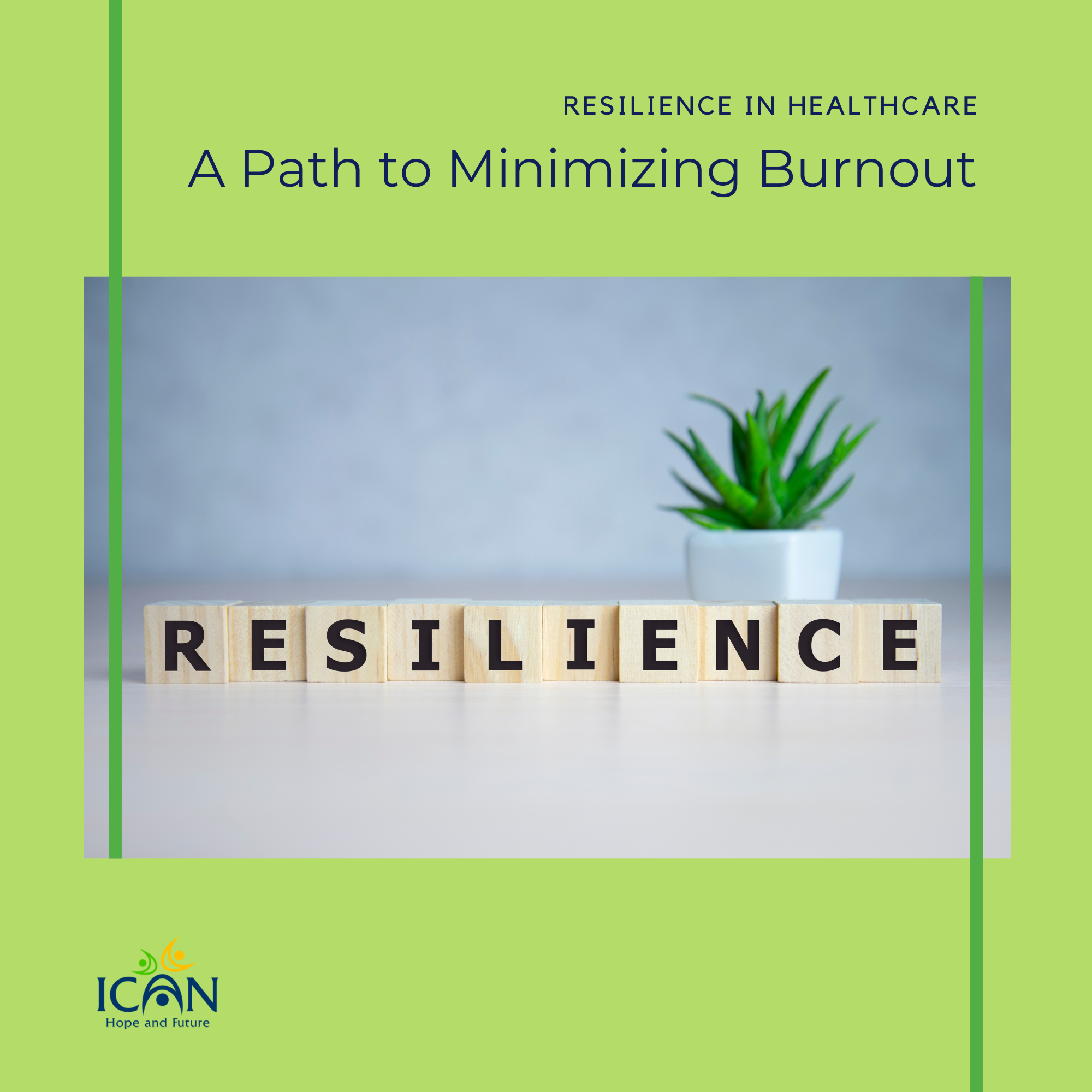
From Isolated to Inspired: How Connection Transforms the Pediatric Provider Experience
Burnout doesn’t always start with exhaustion—it often begins with isolation. At ICAN, we believe no clinician should have to do this work alone. In our latest blog post, we explore the silent toll of professional loneliness and how a truly collaborative culture can change everything.
If you’ve been feeling disconnected in your role, this one’s for you. 💬👇

Trust, Teamwork, and Empathy (Part 2): Improving Pediatric Therapy Team Dynamics
Strong teams don’t just happen-they’re built on trust, understanding, and genuine empathy. In the high-stakes world of pediatric therapy, Brené Brown’s four pillars of empathy can help team members connect, communicate, and collaborate more effectively. This post explores how embracing perspective-taking, nonjudgment, emotional awareness, and mindfulness can improve relationships among colleagues, reduce conflict, and create a supportive workplace where everyone feels valued and empowered.

Trust, Teamwork, and Empathy (Part 1): Compassion Fatigue
While empathy is essential for building trust and collaboration in pediatric therapy teams, it also comes with a hidden cost: compassion fatigue. This emotional exhaustion can quietly creep in when staff members are consistently exposed to the challenges and traumas faced by the children and families they serve. Recognizing the signs of compassion fatigue and supporting one another through open communication, peer support, and mindful self-care is crucial. By addressing compassion fatigue head-on, teams can maintain their well-being, preserve strong interpersonal relationships, and continue providing the highest quality care to those who need it most.

What to Expect from an ICAN Diagnostic Evaluation
It’s completely normal for parents to feel both relieved and unsure after receiving a diagnosis. Our team is here not just to explain the results, but to walk with families through the next steps—whether that means starting therapy, coordinating care, or just helping them feel less alone in the process.

Commitment to Care: Why Fear-Mongering Won’t Change Our Standards
The recent wave of fear-mongering in the news about autism is not just frustrating—it’s deeply harmful. It sows distrust, spreads misinformation, and threatens to undermine the safe, supportive environments our children need to thrive. It’s time for our community to lead with facts, compassion, and a commitment to neurodiversity and privacy. Autism is not a disease to be feared or “fixed”—it is a neurotype, a natural and valuable variation in human brain wiring.


Resiliency in Healthcare: A Path to Minimizing Burnout
As healthcare professionals working with neurodivergent youth, we face unique challenges that can lead to burnout if not managed effectively. Building resilience is key to thriving in these roles. By focusing on strategies like mindfulness, self-care, and fostering a growth mindset, we can enhance our ability to handle stress and maintain our well-being. Additionally, utilizing tools like the Circles of Control can help us channel our energy more effectively, reducing stress related to uncontrollable factors. By prioritizing resilience, we not only benefit ourselves but also improve the quality of care we provide to our clients. Dive into this blog post to explore these strategies and more, including recommended books to deepen your understanding of personal growth and resilience.
